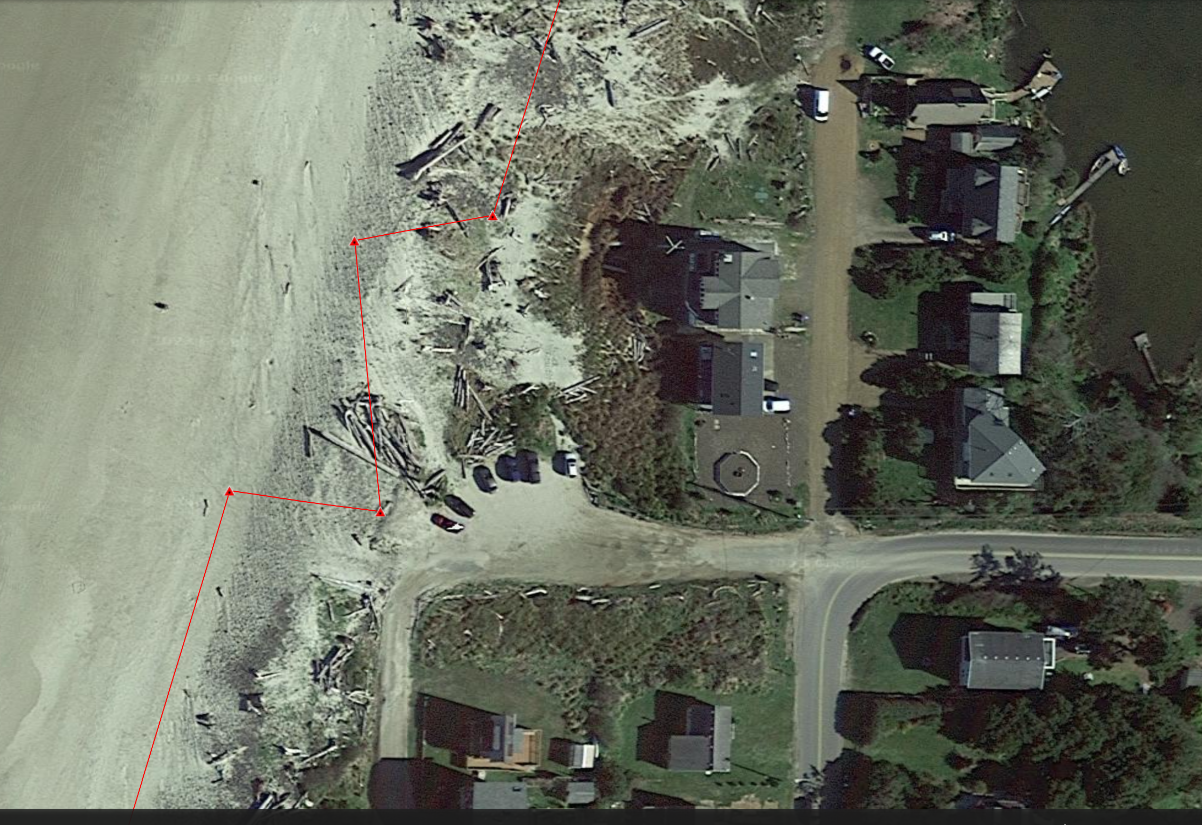Welcome!
The small community of Cape Meares is nestled in a dramatic landscape of beaches, grassy dunes, lake/wetlands, and coastal forests. The community has about 160 homes—a mix of permanent and intermittent residents, as well as visitors in short-term rentals—a volunteer-run fire station, a community center, and no commercial businesses.
We strive to create and maintain a safe, friendly atmosphere while respecting individual privacy and rights and protecting the surrounding natural environment.
Resources
A printed “Good Neighbor Guide” brochure is available at the Community Center with guidance for the neighborhood and the beach along with Who to contact for safety, well-being, and enjoyment of all who share this space.
Download the Good Neighbor Guide Brochure or read in the page below with active links to websites.
Who to Contact
Tillamook County Sheriff
Emergency – 911
Non-emergency – (503) 815-1911
For community disturbances (non-Short-Term Rental), unauthorized
camping, vandalism, hunting concerns, illegal firework use, etc.
Oregon State Parks
Cape Lookout State Park Ranger Office – (503) 842-3182
Mon-Fri 8am – 4:30pm
Registration Booth – (503) 842-4981
Mon-Sun 9am – 9pm during peak season
For concerns on the beach—vehicles, beach events, boats washed
ashore, etc.
Coastal Region Office – (541) 563-8500
For beach event special-use permit Oregon Parks Special Use Permit.
Marine Mammal Stranding Network
(541) 270-6830, Jim Rice
Call if you see large sea mammals—whales, dolphins, porpoises,
seals, sea lions, sea otters—on beach.
Tillamook County Roads Department
(503) 842-3419
For concerns about the Bayocean beach parking area, overnight
vehicles, etc.
Tillamook County Parks Department
(503) 322-3522
For concerns about the Bayocean Peninsula
Short Term Rentals
Non-emergency Hotline – (503) 850-0402
Online Complaint Portal: For concerns about short-term rental properties. Call the hotline or use the online portal to report the address and complaint. The renters should be contacted by phone or in-person within 30 minutes of receiving a complaint. Please report your complaint experience to capemearesa@gmail.com.
Oregon Tide Charts
tide-forecast.com
To determine timing of high and low tides.
Tillamook Fire District
911
For fires and other emergencies
Tillamook Fire District
For seasonal fire restriction information
Tillamook K9 Rescue
(503) 815-1911
If you find or lose a dog.
Cape Meares Community Website
For information about the Cape Meares
Community Association, News, Events, Projects, Emergency Preparedness, About, Donate to CMCA, Reports & Business



